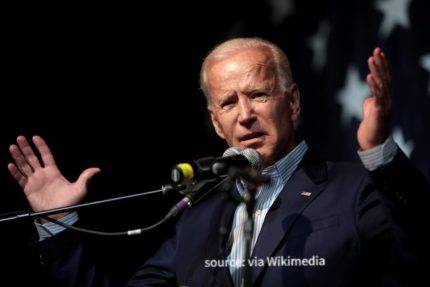US National Security Adviser Jake Sullivan has underscored the Biden administration’s stance on a potential defense pact with Saudi Arabia, stating that such an agreement hinges on the normalization of relations between the kingdom and Israel. Speaking to the Financial Times, Sullivan emphasized that the issues of a defense pact with Saudi Arabia and the normalization of Israel-Saudi ties are intrinsically linked and cannot be separated. This statement marks a notable departure from previous diplomatic approaches, signaling a nuanced strategy by the Biden administration in addressing Middle East dynamics.
Sullivan’s remarks highlight the interconnectedness of regional stability and diplomatic relations in the Middle East. By coupling the prospect of a defense pact with Saudi Arabia to progress on the Israel-Saudi normalization front, the Biden administration aims to foster a comprehensive framework for peace and security in the region. This approach underscores a departure from conventional diplomatic practices, emphasizing the importance of addressing multiple fronts simultaneously to achieve lasting stability.
Furthermore, Sullivan indicated that President Joe Biden will outline a clear roadmap in the coming months aimed at enhancing Israel’s security while promoting peace in the region. This commitment to proactive engagement underscores the administration’s dedication to advancing a multifaceted approach to Middle East diplomacy. As the US and Saudi Arabia edge closer to a potential historic pact, the linkage between security guarantees and diplomatic progress underscores a shift in US foreign policy priorities, prioritizing regional stability through comprehensive engagement.
Potential US-Saudi Defense Pact Conditioned on Gaza Conflict Resolution and Israel-Saudi Normalization
In a further development, the potential defense pact between the United States and Saudi Arabia is contingent upon specific conditions, including resolution of the ongoing conflict in Gaza and progress towards normalization of relations between Saudi Arabia and Israel. The emerging framework underscores the intricacies of regional dynamics and the multifaceted approach adopted by the Biden administration in addressing key geopolitical challenges.
The proposed defense pact signifies a strategic recalibration in US-Saudi relations, with security assurances being tied to broader diplomatic objectives. By conditioning the pact on resolving the Gaza conflict and fostering Israel-Saudi normalization, the Biden administration seeks to address underlying tensions while advancing a framework for regional peace and stability. This approach reflects a departure from transactional diplomacy towards a more holistic engagement strategy in the Middle East.
Moreover, the alignment of US interests with diplomatic milestones underscores a concerted effort to leverage American influence for positive outcomes in the region. As negotiations progress, the interplay between security guarantees and diplomatic progress will likely shape the trajectory of US-Saudi relations and broader regional dynamics. Ultimately, the potential defense pact represents a pivotal moment in Middle East diplomacy, highlighting the interconnectedness of security, diplomacy, and peace-building efforts in the region.
Roadblocks and Considerations: Challenges Ahead
Despite the optimism surrounding the negotiations, challenges loom on the horizon. The demand for calm in Gaza and tangible progress towards Palestinian statehood introduces complexities that could potentially stall or alter the trajectory of the talks. Additionally, the delicate balance of power in the Middle East, coupled with the sensitivities surrounding Israeli-Saudi normalization, necessitates a nuanced approach.
Moreover, while the potential defense pact holds implications for regional security and stability, it also raises questions about the broader geopolitical landscape. The alignment of interests between the United States, Saudi Arabia, and Israel underscores shifting alliances and recalibrations in the region.
As negotiations continue and stakeholders navigate the intricate geopolitical terrain, the outcome of the proposed defense deal remains uncertain. However, the convergence of interests and diplomatic maneuvers signal a pivotal moment in shaping the dynamics of the Middle East.
Table of Contents
Discover more from OGM News NG
Subscribe to get the latest posts sent to your email.














